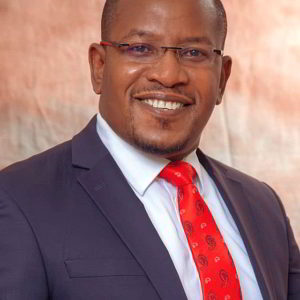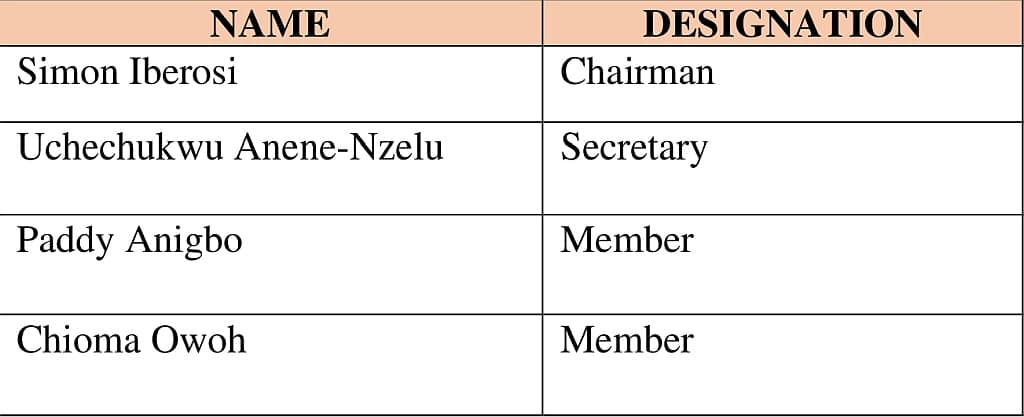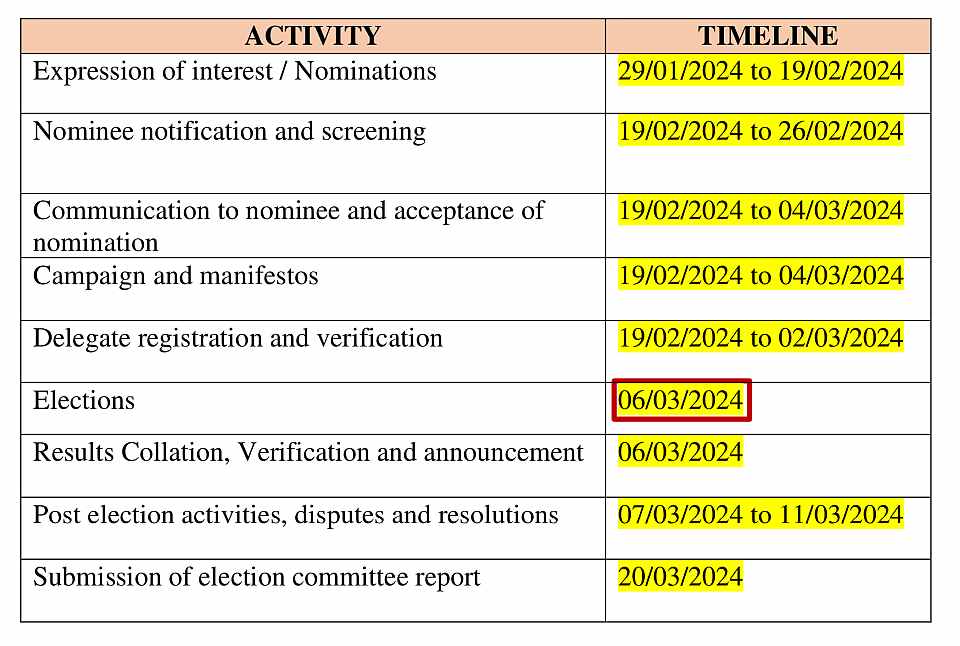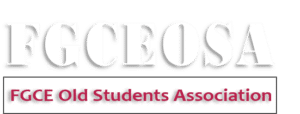Federal Government College Enugu (FGCE) is one of Nigeria’s 104 federal government colleges, commonly known as “unity schools”. Located on a large campus in the upscale Enugu residential area, Independence Layout, the school currently has about 4,000 students with approximately 1,000 boarders.
Just like other unity schools, the philosophy behind the creation of the college was national integration and nation building. The overriding idea was to bring together Nigerian children from different ethnic extractions and other diverse backgrounds in their formative years, provide them with quality education in a conducive learning environment, and catalyse them for national unity and development.
The first three colleges (initially referred to as inter-regional secondary schools) were established in 1965, one in the Eastern region located at Okposi, the other in the Mid-Western region at Warri while the last was located in the Northern Region at Sokoto.
The subsequent three-year internecine war of 1967 to 1970 further accentuated the need for national bonding and integration provided by these unity schools. Consequently, during a 1970 post-war visit to Federal Government College Sokoto by the erstwhile Head of State, General Yakubu Gowon (GCFR), the Federal Government pronounced that each of the twelve states in Nigeria at the time would host a unity school.
Following this pronouncement, in 1973, Federal Government College Enugu and eight additional “second generation” federal government colleges were established.
FGCE, just like her counterparts, is a microcosm of Nigeria, and with a federal character and quota system admissions policy, ensures that every region, ethnic extraction and religion in Nigeria is represented in the student body.
From the years of its first graduating sets (A’Levels in 1975, and O’Levels in 1977) till date, FGCE has played the role that the conceivers of Nigeria’s unity schools envisaged. This is to produce truly Nigerian men and women (who transcend tribalism, ethnicity and religious intolerance) from the boys and girls admitted from the different corners, tribes, tongues and creeds of Nigeria.
Till today, the bond that exists between Federal Government College Enugu alumni, their shared experiences and the visions of a new Nigeria—one full of possibilities—connect all ex-students in a very special way.
Federal Government College Enugu has an outstanding academic reputation and has since produced prominent alumni and thought leaders not limited to the public sector, academia, business community, medical profession and the Nigerian armed forces.





